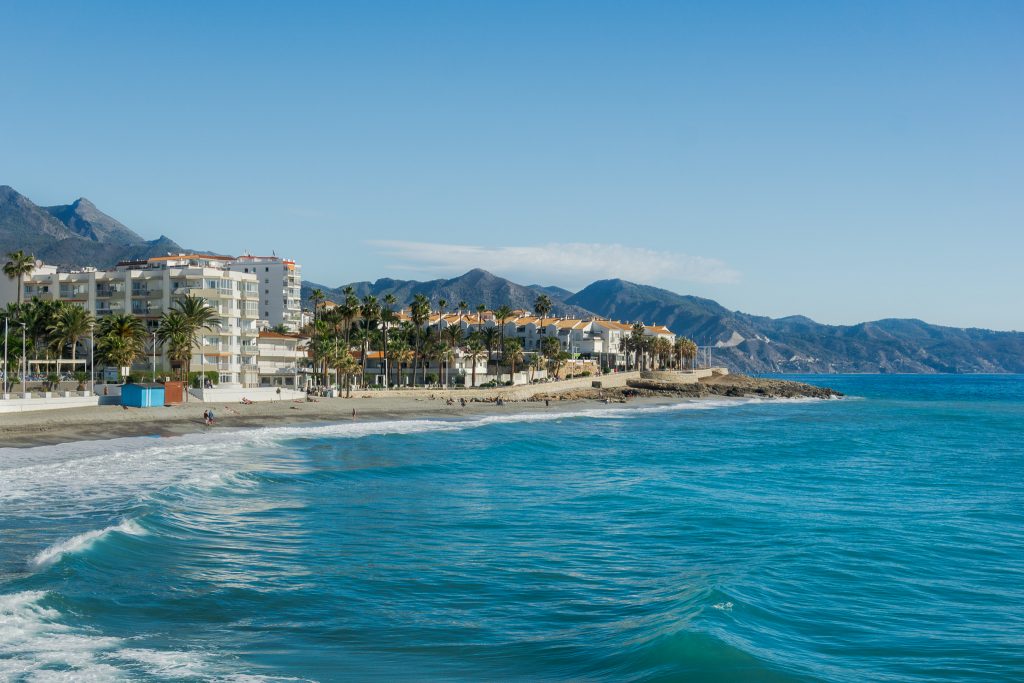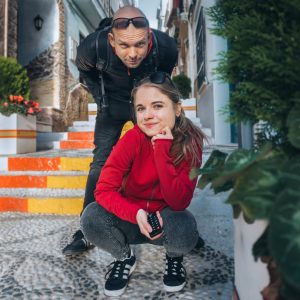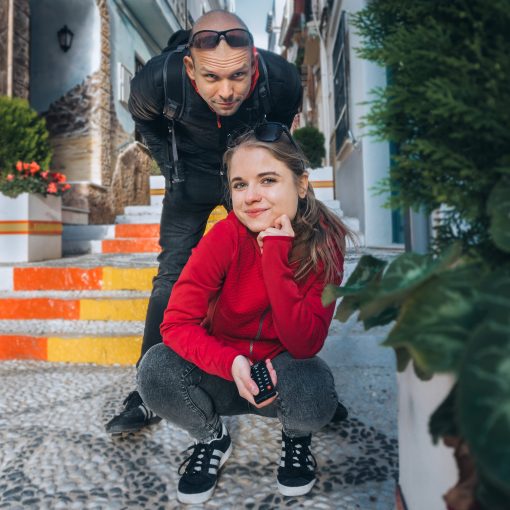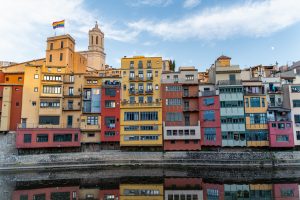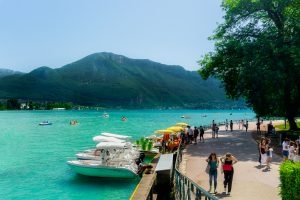Spain – the land of fiestas, siestas, diverse landscapes ranging from stunning beaches to mighty mountains, charming towns, friendly people, and delicious cuisine. No wonder Spain became one of the most popular travel destinations for many people from all around the world! Spain is just an incredible country that you can very easily fall in love with. But Spain can also surprise you on many levels! Keep reading and discover many practical travel tips you need to know before going to Spain. Vamos!
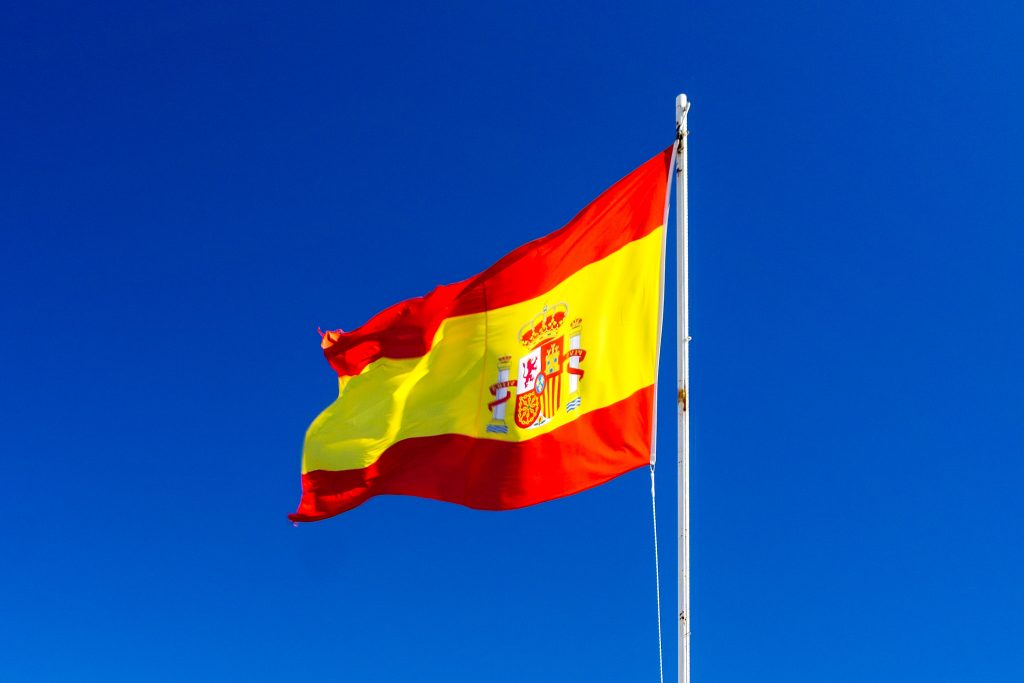
This website uses affiliate links thanks to which we may earn a commission for purchases you made at no additional cost to you. If you like the content, consider using those links to support us. Thank you!
Practical travel tips you need to know before going to Spain
Pay with Visa or Mastercard
Euro (€) is the currency in Spain, and Visa and Mastercard are widely accepted in Spain. There are no problems with paying by card in most supermarkets, shops, or restaurants. Although, just in case, it’s always good to have some cash with you, especially if you’re planning to visit small, remote places.
Search for ATMs with minimal fees
ATMs can be found almost everywhere, so you shouldn’t have any problems withdrawing cash. But remember to be careful with withdrawals as fees can be very high – always search for ATMs with minimal fees. It’s better to avoid ones in touristy places and especially famous Euronet’s ATMs as their fees are one of the highest. If you have to withdraw money and don’t have time to look for the best deal it’s better to take out more in one transaction to limit the cost per euro withdrawn.
Learn a little bit of the language
The official language of Spain is Spanish. You need to be aware that in Spain you can’t rely on English that much. It’s widely spoken only in major tourist cities and resorts. In less touristic places and smaller towns, you won’t find many people who can speak even basic English. Learning at least a few phrases in Spanish is a good idea. And for sure it will be very appreciated by Spaniards.
Here are a few most useful Spanish phrases:
- Hola – Hello
- Buenos dias – Good morning
- Buenas tardes – Good afternoon
- Adios – Goodbye
- Gracias – Thank you
- De nada – You’re welcome
- Por favor – Please
- Disculpe – excuse me
- Lo siento – I’m sorry
- No entiendo – I don’t understand
- Hablas ingles? – Do you speak English?
- No hablo español – I don’t speak Spanish
- Quiero pagar con tarjeta – I’d like to pay by card
- Quiero pagar en efectivo – I’d like to pay by cash

Take the European travel plug adapter if you need one
The plugs in Spain are type C and F and the standard voltage is 230 V. So if your electronics have different plugs don’t forget to pack a compatible universal travel adapter.
Pack warm clothes
Really! Spain may be famous for its blue skies and sunny beaches but even despite this, it can get very cold! 15-20 Celcius degrees in the autumn/winter is actually cold and a warm jacket and sweater will be appreciated. You’ll also need them in cold Spanish apartments. For us, all of that during our first winter in Spain was VERY surprising. We were expecting nice, warm days!
Drink tap water
Of course, if it is safe. And in Spain, in most places, it is. So don’t bother buying pricey bottles of water and save some plastic waste. If you want you can use water filters as well.
Don’t expect punctuality from Spaniards
This is a stereotype but unfortunately very true in a lot of cases. Punctuality is not a thing in Spain, at least in social life, because we’ve heard that in work and business, it’s not the case. Meeting with friends at 9 PM? Best to turn up at least 15 minutes later or wait in patience.
Expect small shops and restaurants to be closed 1-4 PM
Many businesses open in the morning, close for 2-3 hours for a midday break, and later reopen in the afternoon.
Don’t worry about the Internet connection
Of course, the quality of the Internet connection will depend on the place but overall in most places in Spain, Internet connection is good if not very good. Currently, optic fiber is becoming more, and more popular and displacing ADSL. If you need Internet on your mobile phone, you can easily use roaming (if you’re an EU citizen prices are not that bad for occasional use), or buy local prepaid SIM card from providers like Movistar, Yoigo, or Vodafone.
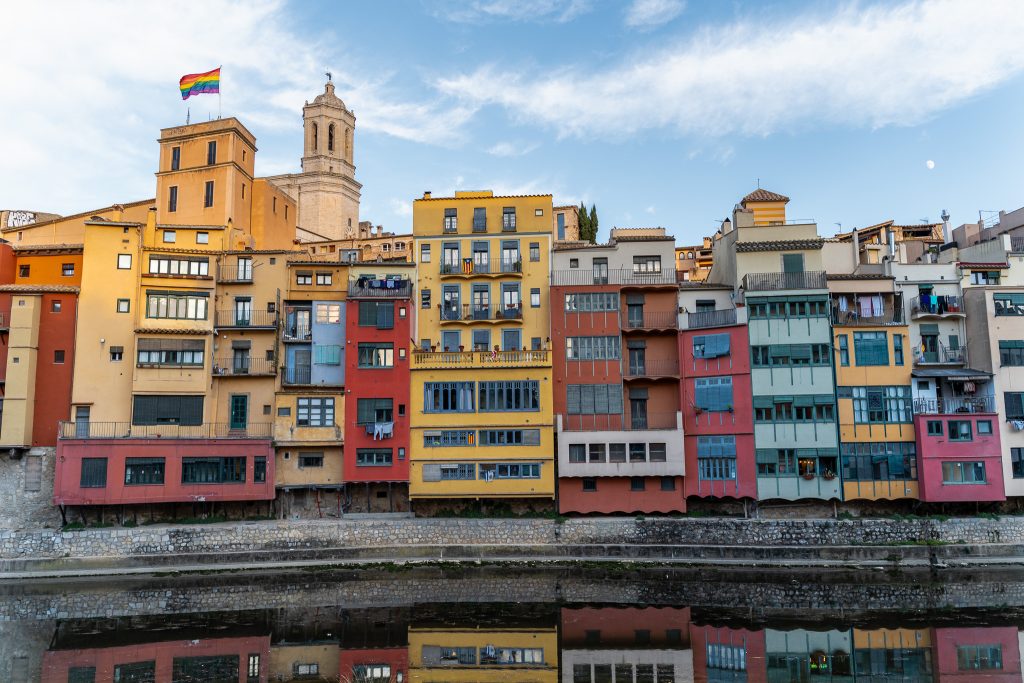
Traveling by car (yours or rented) is your most convenient and fastest option to move around…
In our opinion, the best way to travel around Spain is by car. A car gives you the freedom to travel wherever and whenever you want as you are not tied to any timetable. It’s far more convenient than using public transport, especially if you want to visit some remote places.
… but public transport in Spain also works great
Spain is pretty well connected by trains, buses, and planes. There is a great high-speed rail network operated by Renfe that connects main Spanish cities (here you can see the map). Unfortunately, this option may be quite expensive, and you might find buses (like ALSA) and planes (low-cost airlines) more affordable. Also, by buses, you’ll reach many more cities, towns, and villages all around Spain.
Learn the rules of the road
After all, you don’t want to get a ticket, do you? Here you can learn a few of them, for more please do your research. To drive in Spain you’ll need a valid EU or international driving license and valid international insurance. On roads there is right-hand traffic, safety belts are mandatory and it’s forbidden to use mobile phones while driving (hands-free kits are permitted). The legal blood-alcohol limit for driving is 0.05 percent or 0.25 milligrams per liter in exhaled air. The car must be equipped with: a reflective jacket for all passengers, two warning triangles, a spare wheel, and a headlamp beam deflector, if you need one. Also, learn and remember applied speed limits.
Learn the meaning of color lines on the parking spots
While looking for a parking space you’ll notice that there are blue, yellow, and white lines. What does each of the colors mean? Yellow: forbidden to park – never ever park there (unless you want a fine and your car to be towed). Blue: paid zone – just look for the parking meter, pay, and leave the ticket behind the window. White: hurray, it’s a free parking space!

Brace yourself as it’s really problematic to eat dinner in the restaurant around 1-3 PM
Spaniards eat really late. Or… do the rest of the world eat really early? Anyway, in Spain you can usually get breakfast between 7 AM-12 PM, Restaurants tend to serve lunch between 1-4 PM, then they have a few hours break and later they serve dinner between 8-11 PM. If you’re lucky you’ll eat dinner around 4 PM, but mostly in highly tourist areas.
Follow the locals
Eat where the locals eat, as they often know best where the good food can be found!
Try regional dishes
Yes, yes, we know – obvious. Spain is very diverse when it comes to food, and in each region, you’ll find something new to try. For example, there’s paella in Valencia, red tuna or churros in Andalusia, or Pintxos in Basque Country.
Don’t expect to eat out often if you are a vegetarian/vegan
Unfortunately, it’s quite hard to be vegetarian or vegan in Spain. There you won’t find many vegan restaurants, or even veggie dishes in “normal” ones. Also, the choice of vegan products in stores is quite limited but basic vege products can be found.
You don’t need to give a tip in Spanish restaurants
There is no tip culture in Spain. Giving a tip isn’t a must, but it might be appreciated. So if you liked the service you could leave a few euros on a table. But be careful not to pay a double tip as some bars and restaurants already include a service charge on the bill.
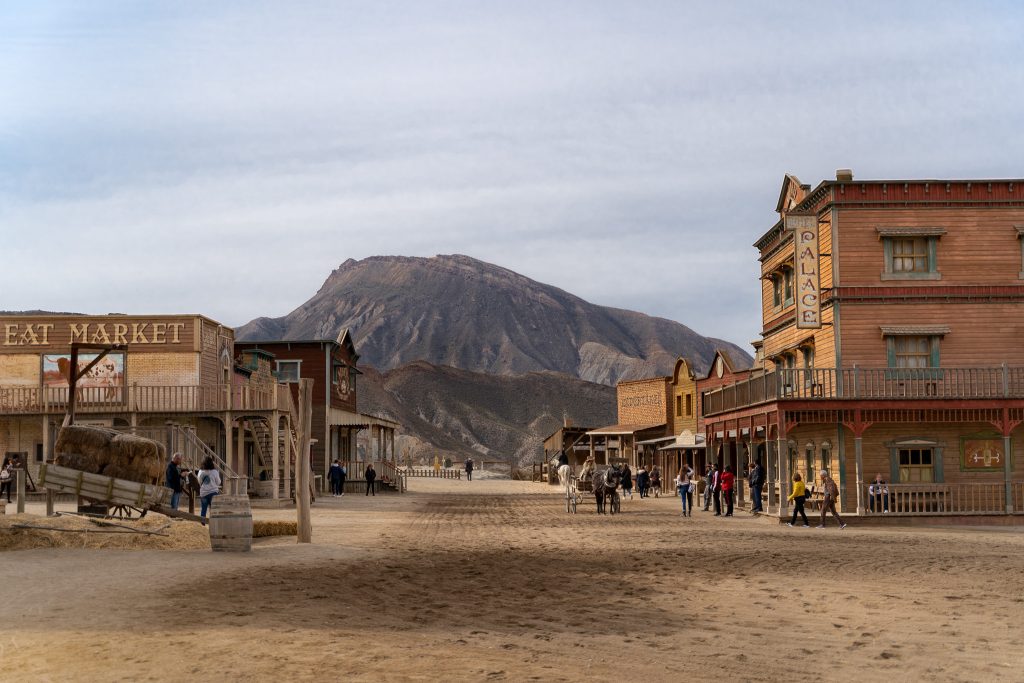
Order tinto de verano, not sangria
It may come as a surprise but famous Spanish sangria is mainly a tourist drink, often very overpriced. Spaniards prefer tinto de verano (summer wine) which is a very refreshing combination made of red wine and soda, usually lemonade.
Prepare to not know what are you drinking
In restaurants very often you can’t choose which beer/wine you want to drink. Usually, you’ll just order beer or vino tinto (red wine) or vino blanco (white wine), without an option to specify further. Quite weird, huh?
Always check if the restaurant is open
Because many Spanish restaurants are closed one day a week for employees’ rest. Usually, it is Monday or Tuesday.
Prepare for no kettles in the apartments and hotels
We’re still surprised by that but… Spaniards boil the water in the pot or microwave.
Take a tea supply with you
If you are a tea lover- take some tea with you as you won’t find many good ones in Spain. If you’ll be in need to buy some your best bet would be to find a British shop, like Overseas.
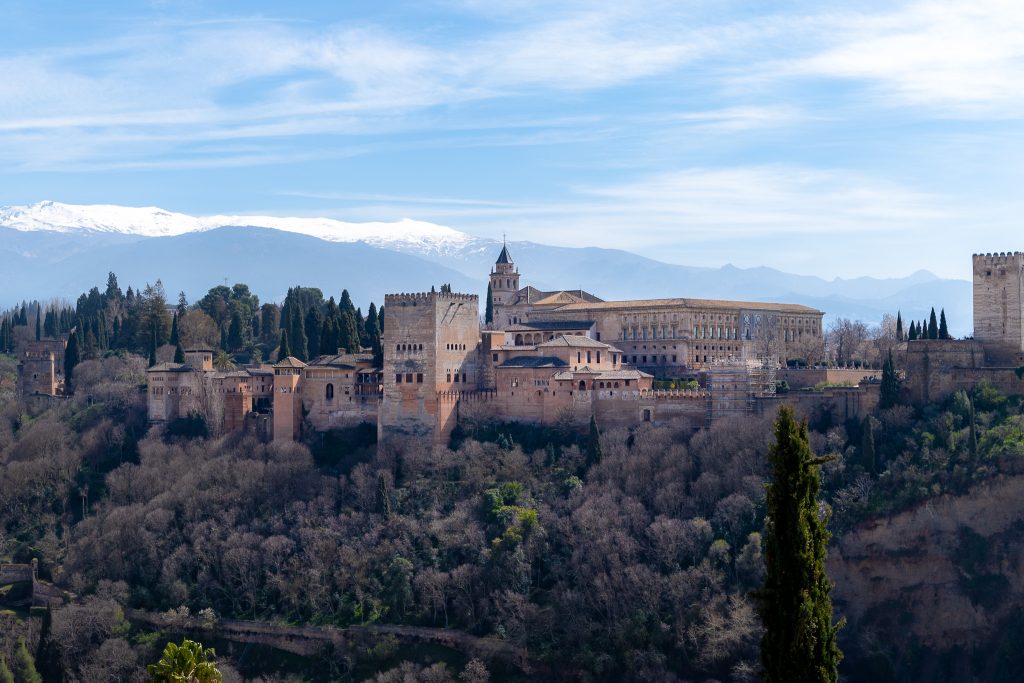
Don’t limit yourself to visit only big cities and popular sites
Spain has a lot more to offer than Barcelona, Madrid, Seville, Valencia, Costa Blanca, or Costa del Sol. All you will have to do is to make a little effort and search for some hidden gems in the area. But don’t worry we already have a few of those checked out. You can for example check our posts about Estepona, Tarifa, Bolonia, Benalmadena Pueblo, Finestrat, or Peniscola.
If you can don’t come in the middle of the summer
First of all – during that time there are literally thousands of tourists in Spain and many places are simply overcrowded, which can take away the pleasure of visiting and resting. Secondly, it’s awfully expensive (compared to the off-season). And thirdly – it can get really, really hot. In many cities, like Madrid or Seville, it’s not unusual to experience temperatures around 40°C. You know, Seville is affectionately called the “Frying Pan of Europe” for some reason…
Pre-book popular attractions
Most attractions can be visited right away, but some need pre-booking, even a few weeks earlier. Always do your research so you won’t find yourself surprised. We know about pre-booking for Caminito del Rey, Alhambra in Granada, Sagrada Familia and Parc Guell in Barcelona, and Royal Alcázar of Seville.
Experience local festivals
One of the best ways to learn more about the local culture and customs is to experience local festivals. There are a few very popular ones like Semana Santa in Seville or Malaga, Carnival of Cadiz, or Cristianos y Moros in Villajoyosa. But many cities and towns in Spain have their own, like Las Fiestas Mayores Patronales in Benidorm.
Wait, there is more! Read some weird facts about Spain! 🤪🇪🇸
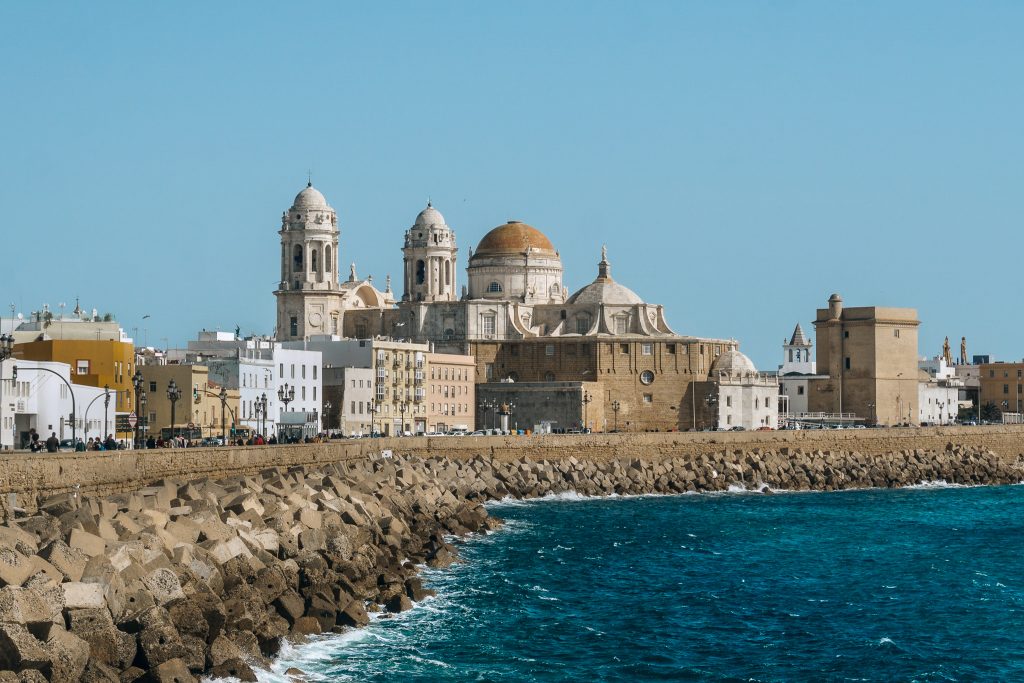
Remember the emergency numbers
The emergency telephone number in Spain (and all of Europe) is 112. When you call 112, the operator diverts you to the relevant emergency service. 112 is free to call. Just in case, other numbers are ambulance – 061, fire brigade – 080, national police – 091, local police – 092.
Follow general safety rules
Generally speaking, Spain is a very safe country. According to the 2022 Global Peace Index, Spain ranks 29 out of 163 counties in terms of safety. In Spain, you mostly have to watch for pickpockets and scammers. Fun fact: Barcelona is unofficially known as the pickpocketing capital of the world. So, like in every place in the world, always follow safety rules like keeping an eye on your belongings (especially in crowded areas), or don’t go out alone at night.
Always have a travel health insurance
If you’re from one of the EU countries you can use a free EHIC card (European Health Insurance Card) to receive treatment in Spanish public-health facilities for free or at a reduced cost, if that treatment becomes necessary during your visit. But EHIC doesn’t cover a lot of things so even more important is to have travel insurance. We highly recommend buying good insurance as you never know when you’ll get sick or something bad will happen.
Spend money wisely
It’s better to spend money on things that you will remember for life instead of “the normal things”. So it’s good to know where you can save a buck and maybe funnel savings to more important places. We’ve tried and tested multiple ways of saving money while slow traveling and you can check the whole post about that here: 20+ Tips On How To Save Money While Traveling 💰
Practical travel tips before going to Spain – Summing up
Hopefully, you’ve found these tips very helpful. For sure those are the things we would have found useful before our first trip to Spain. Definitely, it would save us some time, money, and nerves! We hope that it will save some of your too!
